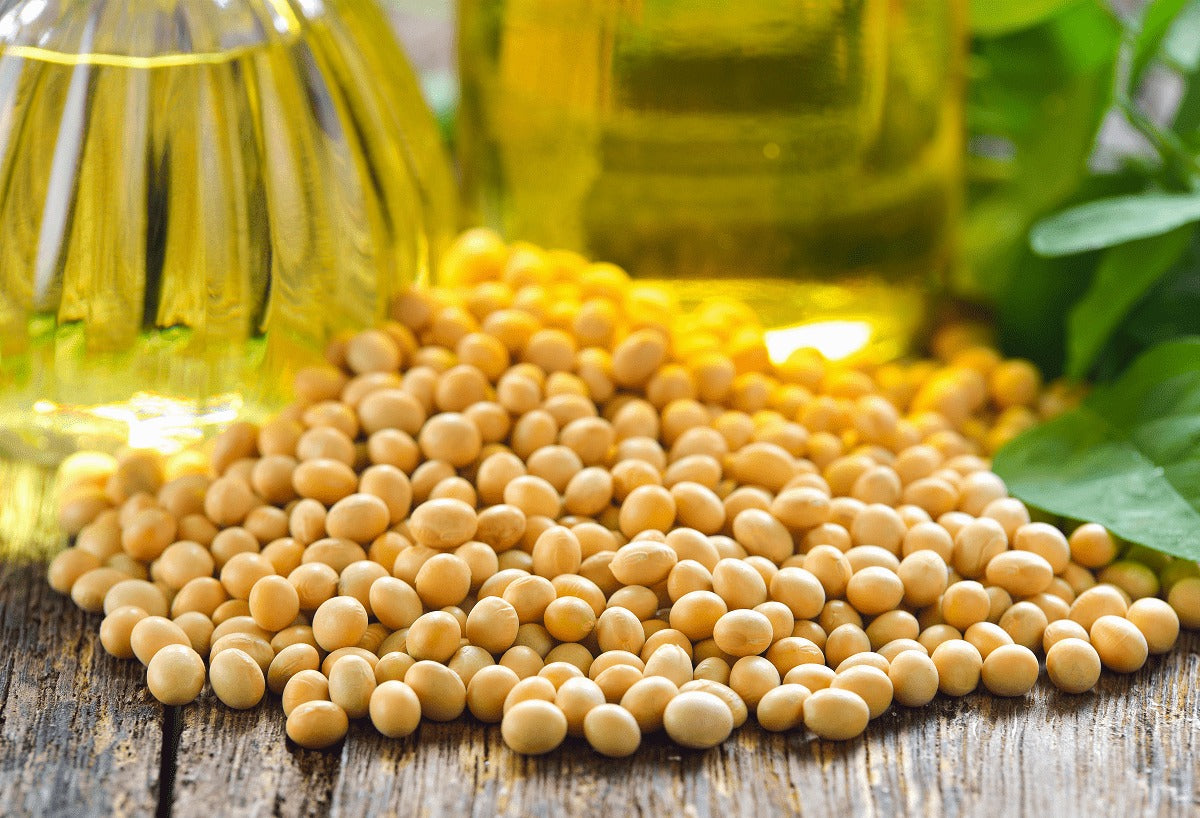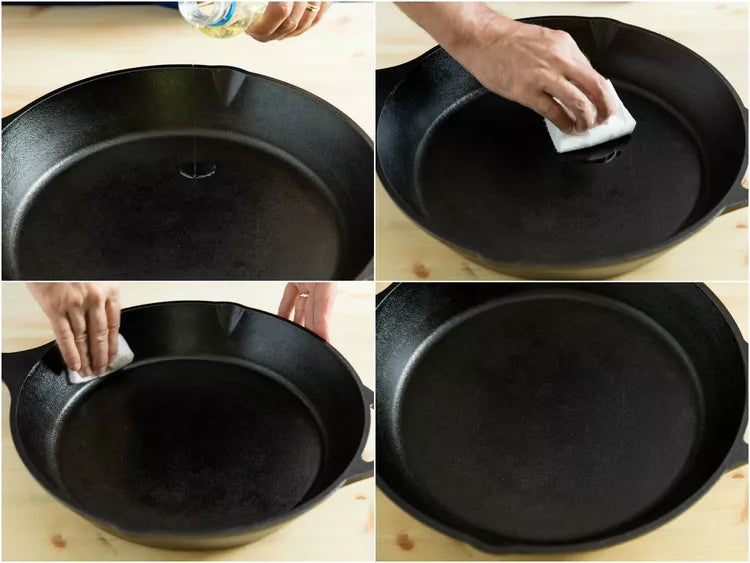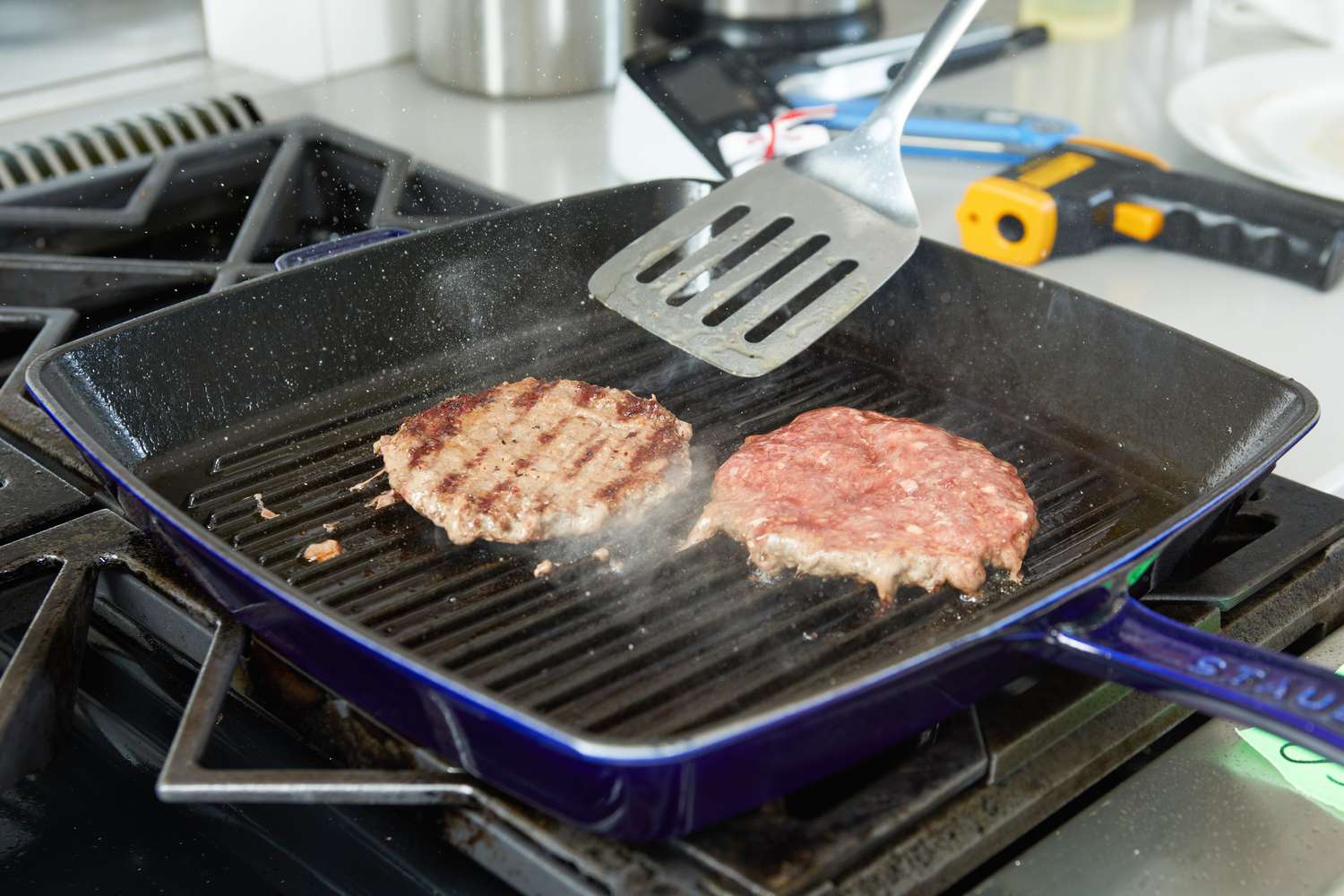If you've ever struggled with grimy, greasy stove grates, you're not alone. Cooking can be an enjoyable activity, but cleaning up afterward, especially the stove grates, can seem daunting. Don't worry, in this in-depth guide, we'll walk you through how to clean kitchen stove grates effectively so your kitchen can shine like new.

Why Cleaning Your Stove Grates is Important
Burnt-on food and grease can not only affect the performance of your stove but can also be a potential fire hazard. Moreover, dirty grates can be unsanitary, potentially contaminating the food you cook next. Regular cleaning keeps your kitchen hygienic and your stove in good working condition.
How to Clean Kitchen Stove Grates involves several steps and techniques that can make the job easier and more effective. Let's dive into the details:
Gather Your Cleaning Supplies
- Warm Water
- Dish Soap
- Baking Soda
- Vinegar
- Ammonia
- Scrub Brush
- Sponges
- Plastic Bags
How to clean kitchen stove grates successfully begins with having the right tools at hand. Keeping all the supplies ready ensures a smooth and uninterrupted cleaning process.

Step-by-Step Guide
Step 1: Remove the Grates
First, make sure your stove is completely cool to avoid burns. Carefully remove the stove grates and place them in your sink. Handling the grates gently prevents any form of damage.
Step 2: Soak in Hot Soapy Water
Fill your sink with hot water and add a few drops of dish soap. Submerge the grates in this soapy water and let them soak for at least 20 minutes. This helps to loosen the accumulated grease and grime.
Step 3: Scrub Away Debris
Using a scrub brush or an abrasive sponge, scrub each grate thoroughly. Pay special attention to burnt-on food particles. If the grime is too stubborn, sprinkle some baking soda onto the sponge for added abrasiveness.
Step 4: Use a Vinegar Solution
Mix equal parts vinegar and water in a spray bottle. Spray this solution onto the grates and let it sit for 15-20 minutes. Vinegar is a natural degreaser and helps to break down the residue further.
Step 5: Rinse and Dry
Rinse the grates thoroughly with warm water to remove any soap or vinegar residue. Dry them completely using a clean towel. Ensure no moisture is left as it can lead to rusting.
Step 6: The Ammonia Method for Deep Cleaning
Place each grate in a plastic bag and add about 1/4 cup of ammonia. Seal the bag and let it sit overnight. The ammonia fumes will help to dissolve even the toughest grime. The next day, remove the grates and rinse them thoroughly. Scrub off any remaining residue if necessary.

Maintenance Tips to Keep Your Grates Clean
- Wipe them down regularly after each use to prevent build-up.
- Use liners to catch spills and avoid direct contact with food.
- Deep clean once a month using the methods outlined above.

Common Mistakes to Avoid
- Don't use harsh chemicals that can damage the grates.
- Avoid using metal scrubbers as they can scratch the surface.
- Never clean the grates while they are still hot.
Why DIY Cleaning is Better Than Professional Services
While professional cleaning services are available, they can be expensive and may use harsh chemicals. DIY cleaning is cost-effective and puts you in control of the products used. Plus, it's a satisfying task when you see your grates sparkling clean.
Frequently Asked Questions
Q1: How often should I clean my stove grates?
A1: It's best to wipe down your stove grates after every use and deep clean them at least once a month.
Q2: Can I use a dishwasher to clean my stove grates?
A2: While some stove grates are dishwasher safe, it's generally best to hand wash them to avoid any potential damage.
Q3: What should I do if my stove grates are rusty?
A3: If your stove grates are rusty, you can use a mixture of baking soda and water to scrub away the rust. Rinse thoroughly and dry completely to prevent further rusting.
For more information about the best cleaning practices, you can check our cleaning tips.
Also, look into how cleaning routines can simplify your life and explore our kitchen maintenance suggestions.
Lavish Ceramics offers great insights on keeping your kitchen walls clean as well.
As an Amazon Associate, I earn from qualifying purchases.






Leave a comment
This site is protected by hCaptcha and the hCaptcha Privacy Policy and Terms of Service apply.